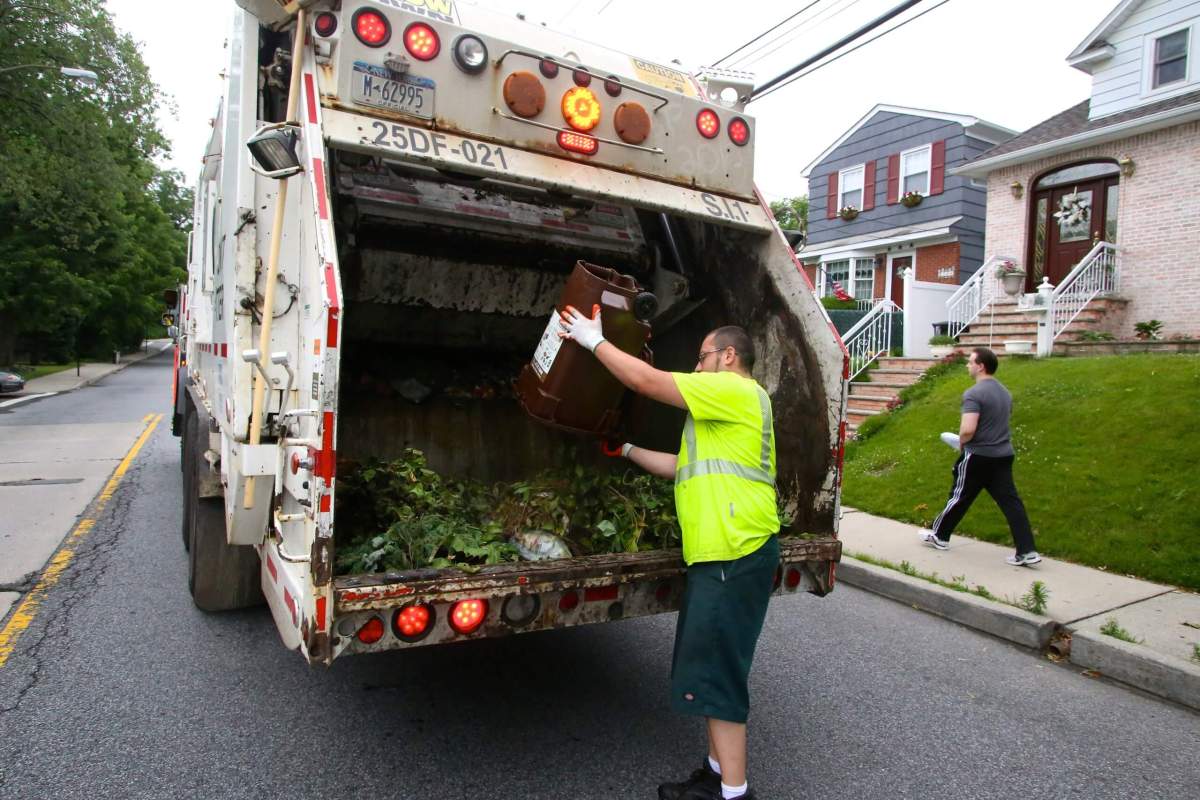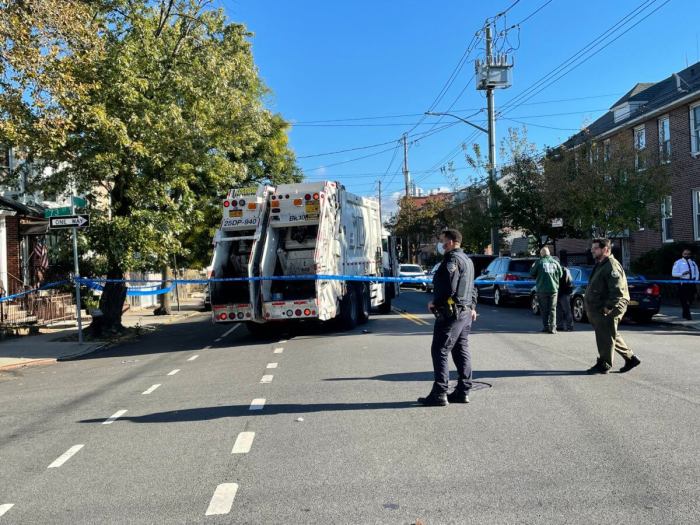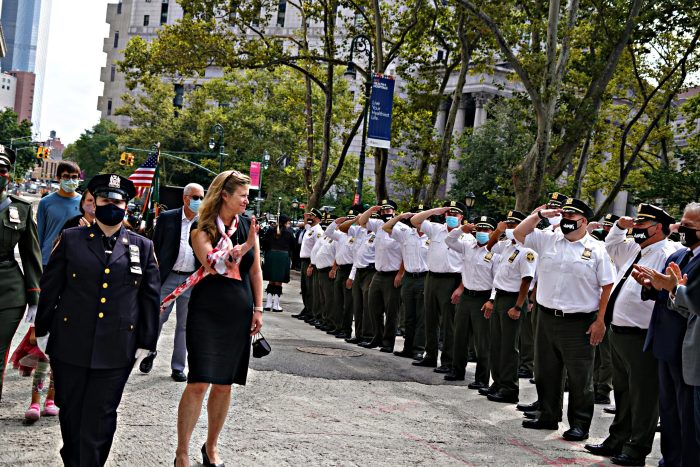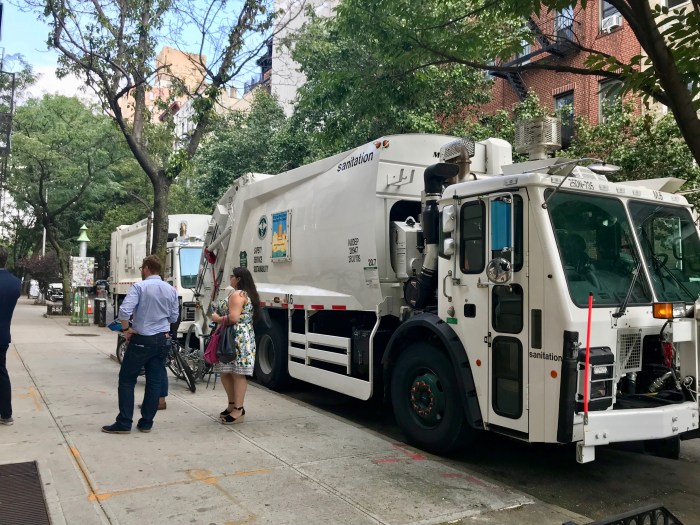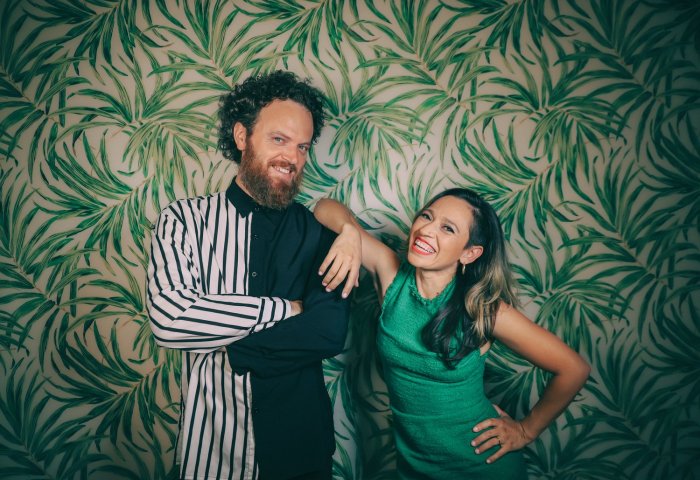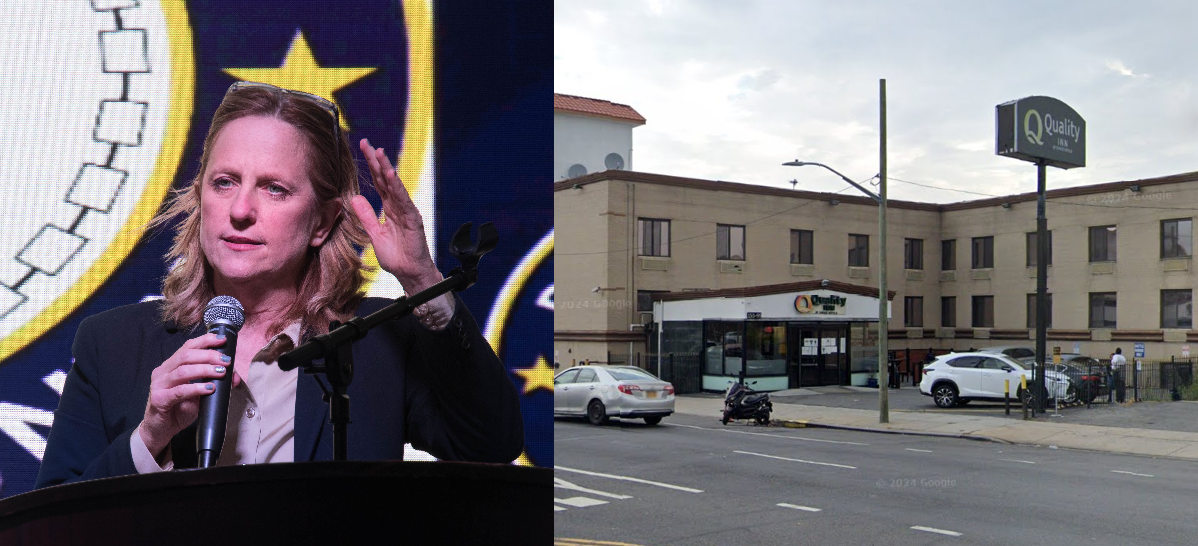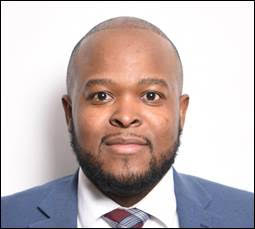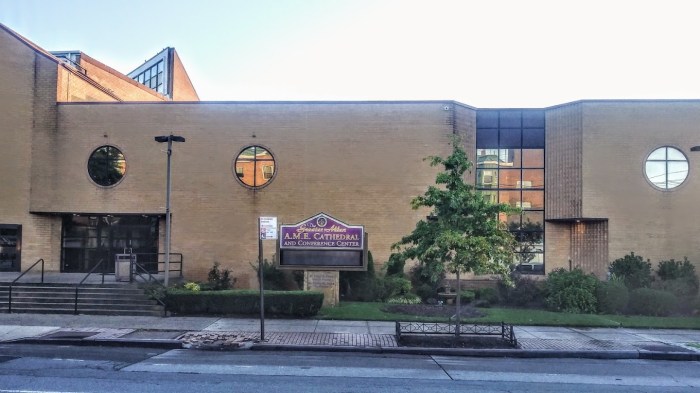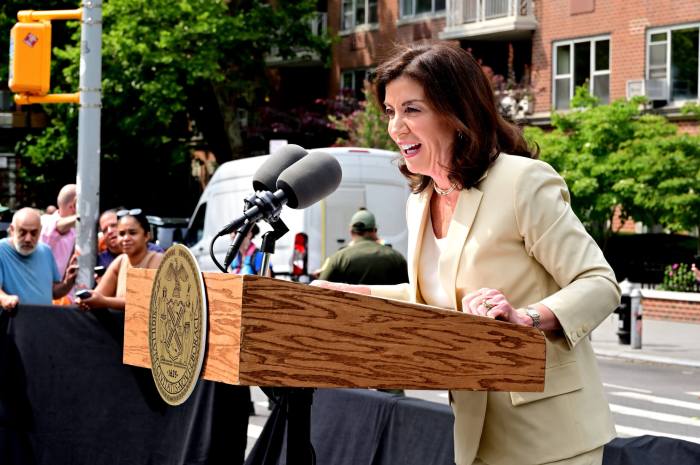The city is expanding its curbside organics pick up to three more districts in Brooklyn and Manhattan next week, according to the Department of Sanitation.
New York’s Strongest will start collecting food and yard scraps from brown bins starting the week of Nov. 1 around neighborhoods in Brooklyn’s Community Board 7, which includes Sunset Park and Windsor Terrace, along with Manhattan community boards 6 and 7, which cover areas on the Eastside of Midtown and the Upper West Side.
Another round of service expansion is slated for November 29th, in the Bronx’s Community Board 8 (Kingsbridge, Riverdale), and Brooklyn community boards 1 (Williamsburg, Greenpoint), and 2 (Dumbo, Downtown Brooklyn, Clinton Hill, Brooklyn Heights, and Fort Greene), according to DSNY.
Sanitation relaunched its dormant curbside composting collection program in Brooklyn’s CB6 (Park Slope, Carroll Gardens, Gowanus) on Oct. 4, where more addresses signed up for the opt-in program than in any other part of the city.
Mayor Bill de Blasio paused organics pickups for almost a year in May 2020 due to the pandemic, and initially didn’t plan to relaunch it until after he leaves office in 2022, but following pressure from politicians, he announced the brown bins would return this fall on a voluntary basis.
That means DSNY will start to pick up your organics if enough people in your local community district sign up online or through 311, and if your neighborhood was already part of the old program.
DSNY is rolling out pickups based on the number of people who signed up and their concentration in a given area to allow for efficient truck routes, but the agency noted there is no “magic number” of registrations that will trigger service.
Advocates such as former Sanitation Commissioner and mayoral candidate Kathryn Garcia have pushed for a citywide universal program rather than an opt-in approach, warning that the latter would turn composting into a “luxury” available only for New Yorkers who have the resources to organize community support.
A breakdown of signups in August showed that many well-off areas of the city like brownstone Brooklyn and leafy Riverdale in the Bronx indeed topped the list while low-income sections like the South Bronx had very few registrations.



